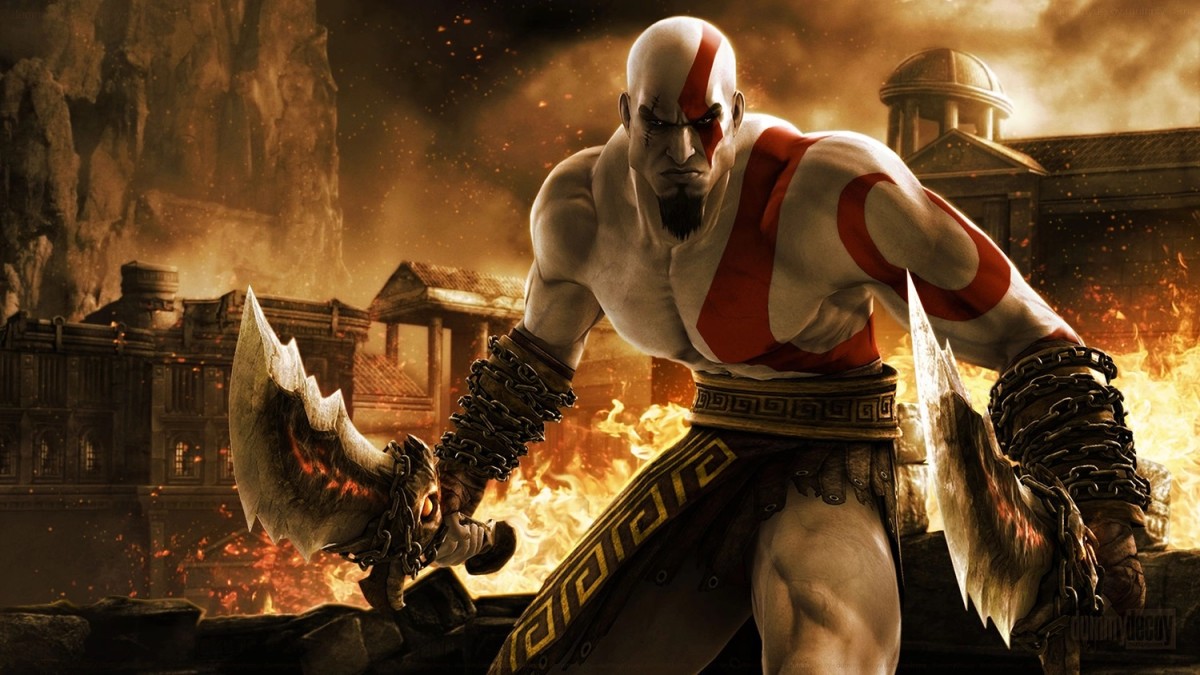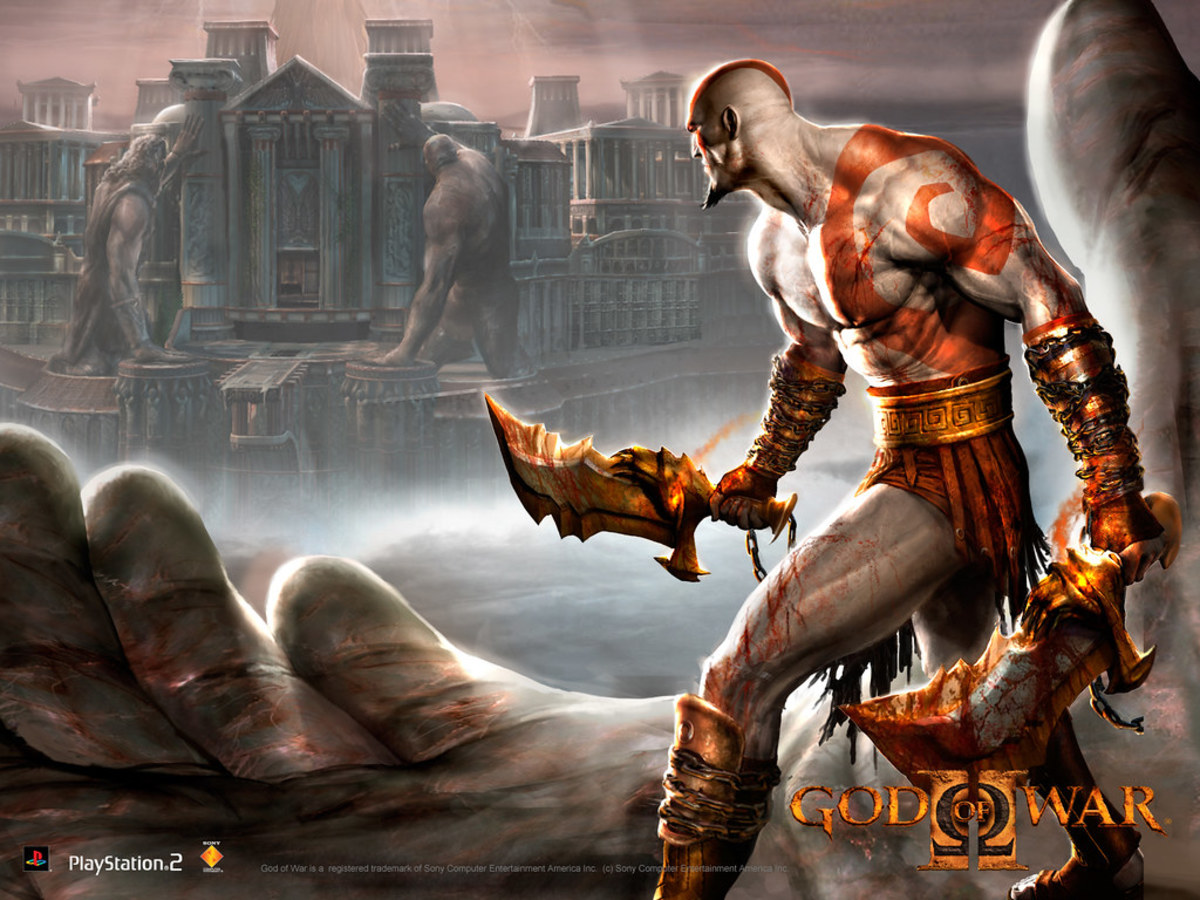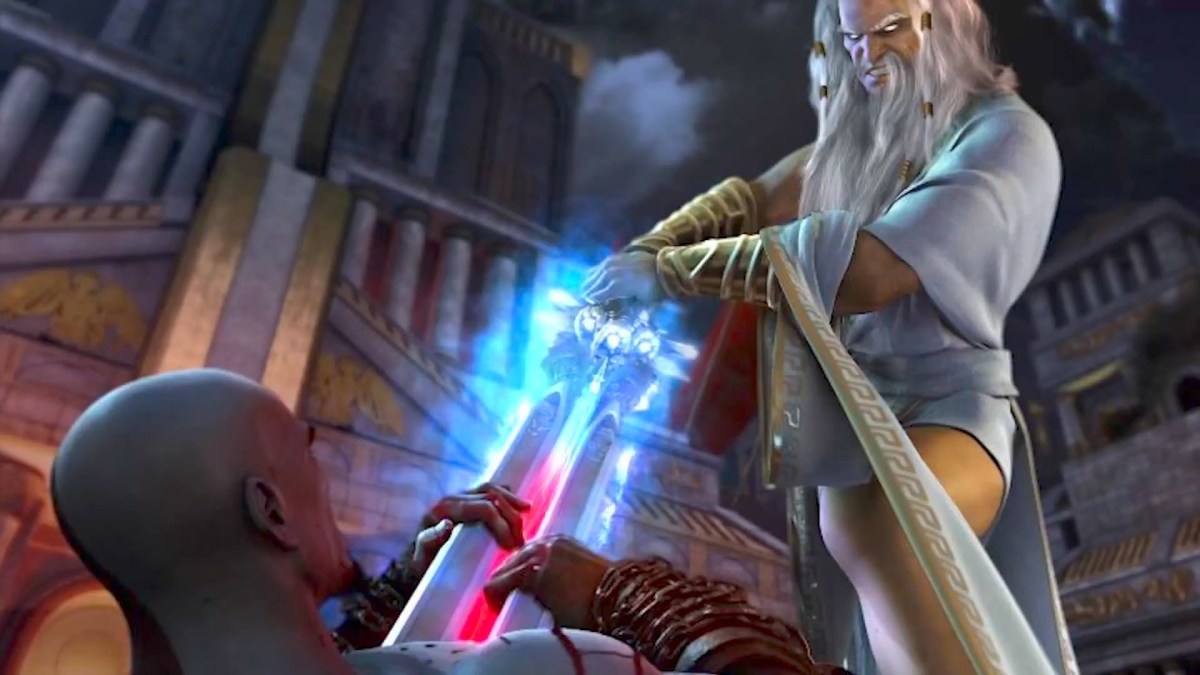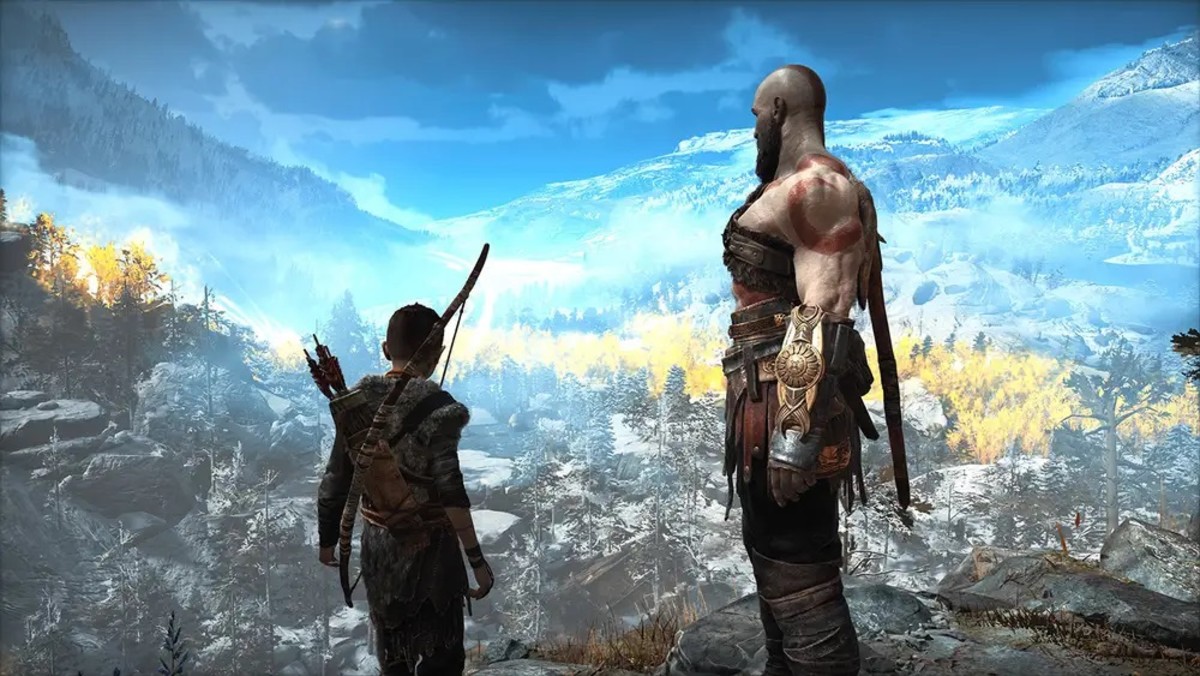God of War Ragnarök: Everything you need to know before you play

While there are plenty of reasons to love the refreshed God of War series, one of the biggest is the care and attention that has gone into the narrative. The 2018 game pushed Kratos’ story into the spotlight like never before, serving as much more than background context for why he’s slaughtering gods. That said, it was always referenced in such a way that anyone who hadn’t played the original series could still understand the themes and ideas at play, even if the specific events were a mystery.
In Ragnarök, things are much more direct, and if you don’t know about key events in Kratos’ past, you might be lost and some points during the story. So, for anyone who hasn’t played the original games – or even the 2018 game – we’ve put together this recap of all the major events in the story so far.
If you want to know what we think of the game before you dive into the lore, then check out our spoiler-free God of War Ragnarok review.
God of War (2005)

As you’ve probably already worked out from the fact that Kratos is referred to as a “Spartan”, he originates from the world of Greek mythology. A captain in the Spartan army, he made a pact with Ares, the god of war (get it?), offering to serve him in exchange for power – that power takes the form of the Blades of Chaos.
Under Ares’ command, Kratos attacked a village full of Athena’s worshippers, but Ares had secretly transported Kratos’ family there before the attack. Kratos accidentally killed his family during the attack and he swore vengeance against the god. He was then cursed so that the ashes of his family clung to his skin, turning it white.
He serves other gods for many years until Athena eventually tasks him with slaying Ares so he can receive forgiveness for the death of his family. After a bunch of shenanigans including Kratos dying and fighting his way out of the underworld, he opens Pandora’s Box, gains god-like powers, and kills Ares.
Finding this forgiveness does not rid him of his nightmares, he attempts suicide, but Athena prevents it and gives him a seat on Mount Olympus, replacing Ares as the new god of war (get it?).
God of War 2

After Kratos has been a god for some time, he has made more than a few enemies on Olympus by doing things his own way. Athena tries to warn him, but he ignores her. During an attack on Rhodes where Kratos leads the Spartan army, Zeus tricks Kratos into giving up his godly powers. Zeus attempts to force Kratos to be loyal once more, but he refuses, causing Zeus to kill him and eradicate the Spartan army.
Naturally, this means it’s time for revenge again. For reasons that are best left unexplained, the solution is for Kratos to go back in time, prevent his own death, and then fight Zeus. He succeeds and brings Zeus to his knees, but Athena gets in the way and sacrifices herself to save Zeus, revealing that he is actually Kratos’ father.
Once again using time travel, Kratos summons the Titans into the present who start to destroy Olympus.
God of War 3

This game picks up immediately where the last left off as the Titans assault Olympus. Kratos kills Poseidon but is beaten back by Zeus. Kratos falls to his apparent death when Gaia refuses to save him, claiming he was just a pawn for the Titan’s scheme.
That’s right. It’s time for more vengeance.
Aided by Athena – who is now a higher being after sacrificing herself, because no one ever actually dies in this series – Kratos slays Hades and releases the souls of the underworld. He encounters a wounded Gaia, ignores her pleas for help, and cuts off her arm, apparently killing her.
Kratos continues on his quest to kill Zeus, knocking off Hermes, Hephaestus, Hera, and Cronos along the way. The final confrontation comes around when Gaia reveals that they’re not dead, although Kratos quickly fixes that. Zeus is seemingly dead too, but his spirit removes Kratos’ powers once more and nearly kills him. However, he summons the power of hope and forgives himself for the death of his family, allowing him to finally slay his father.
Athena demands Kratos return the power of hope, which he unknowingly took from Pandora’s Box when he opened it in the first game, but Kratos refuses, killing himself. Although a post-credits scene implies he survived.
God of War (2018)

While the 2018 game may present itself as a reboot of the series, it is still a continuation of the same story.
In an attempt to escape his past, Kratos hides in the land of Norse mythology where he meets Faye, a woman he believes to be mortal, and falls in love with her. They make a home on Midgard and have a son, Atreus. Kratos tries to keep his identity as a god a secret from his family, but at some point, Faye found out, although this didn’t seem to affect their relationship.
Before the start of the game, Faye passes away in peace, leading Kratos and Atreus to carry out her final wish to have her ashes scattered on the highest peak in all the nine realms. During their journey, father and son bond, learning and growing with each other and overcoming many trials along the way.
The pair encounter the sons of Thor, Magni and Modi, who want Atreus for reasons unclear. Kratos kills Magni during their battle, and Atreus kills a wounded Modi shortly after learning about his own godhood. Also on the chopping block is the son of Freya, Baldur, which causes Freya to swear revenge on the Spartan.
At the end of the journey, Kratos and Atreus travel to the highest peak in Jotunheim where they discover Faye’s true identity as Laufey, a frost giant heroine who eventually fled and disguised herself on Midgard, much like Kratos. This comes with the final revelation that Atreus is referred to by the frost giants as “Loki”.
And with that, you’re up to speed. God of War Ragnarök has plenty of huge additions and revelations in its narrative, so now you won’t be lost along the way.
Ready to dive in? Then check out our God of War Ragnarok walkthrough.
